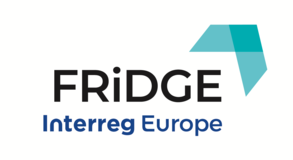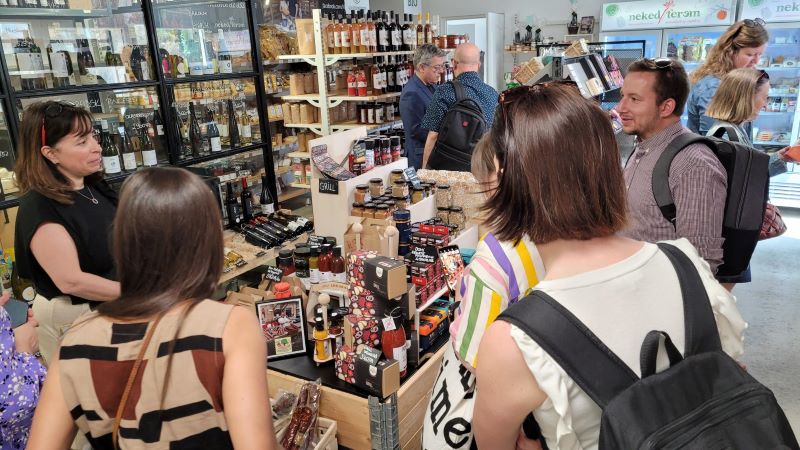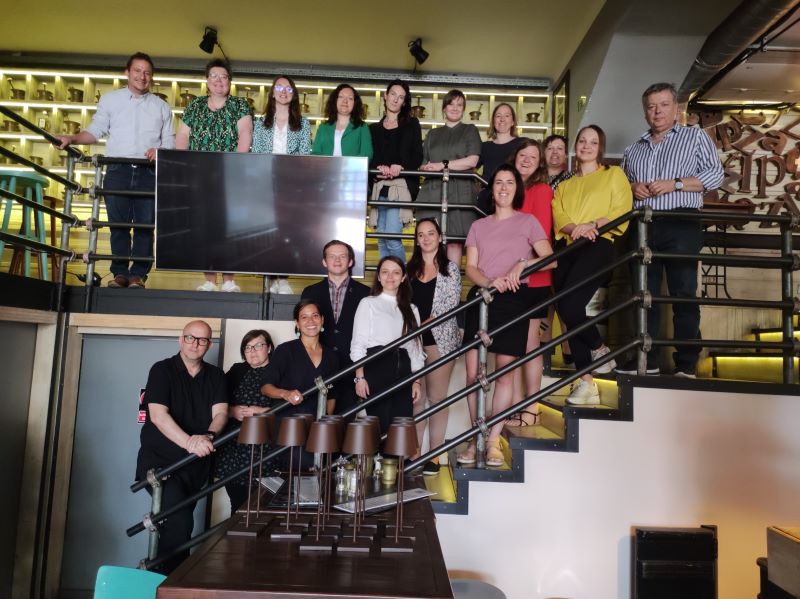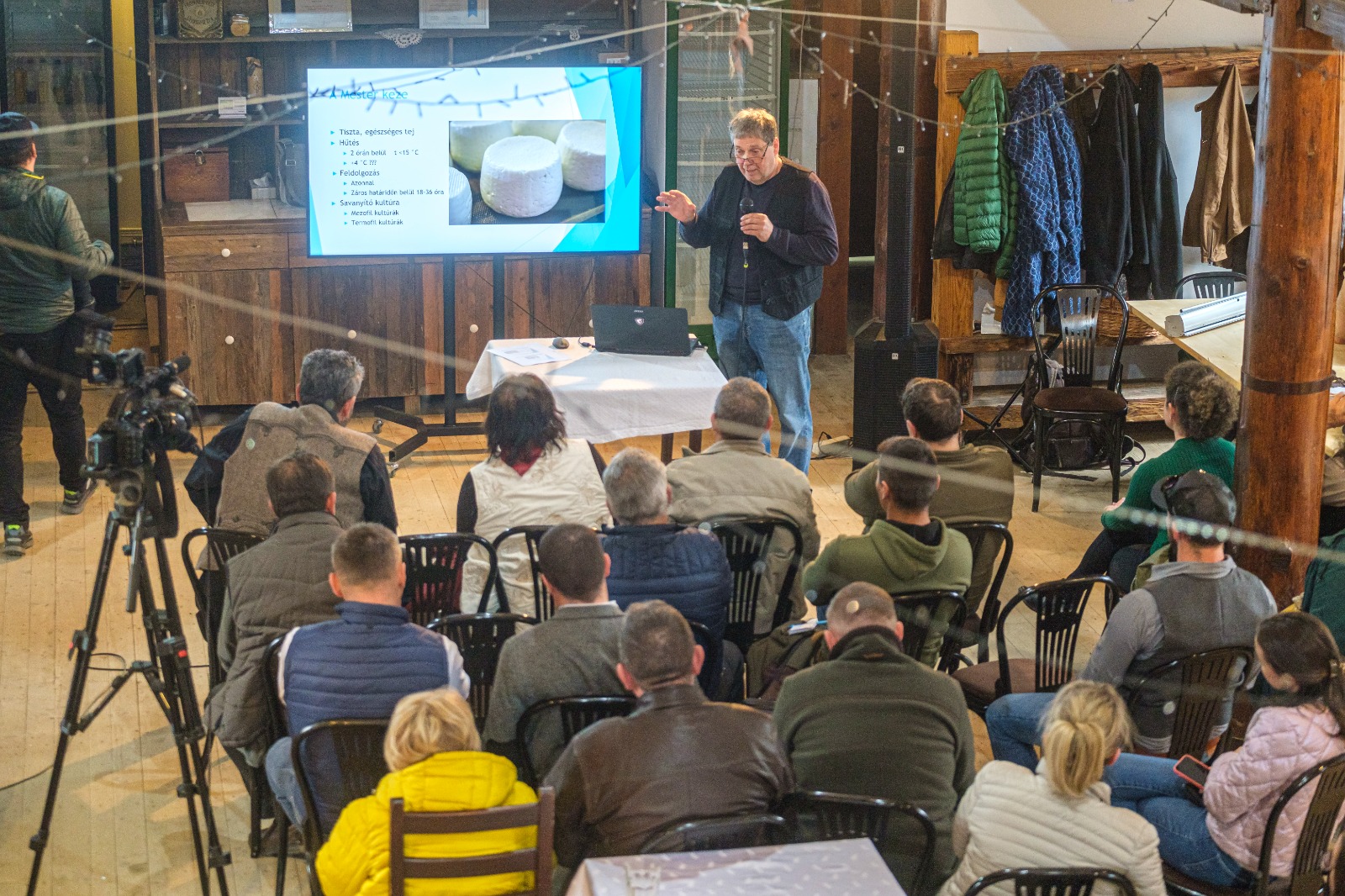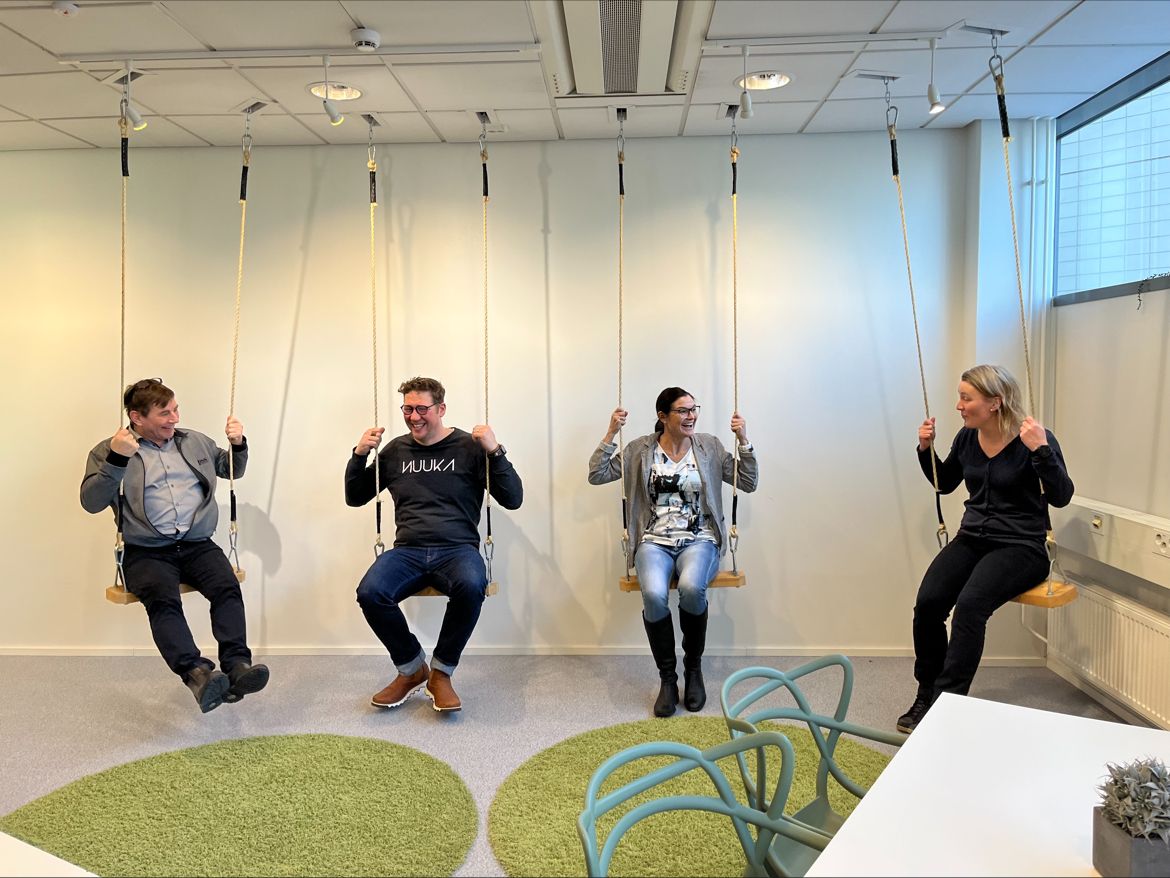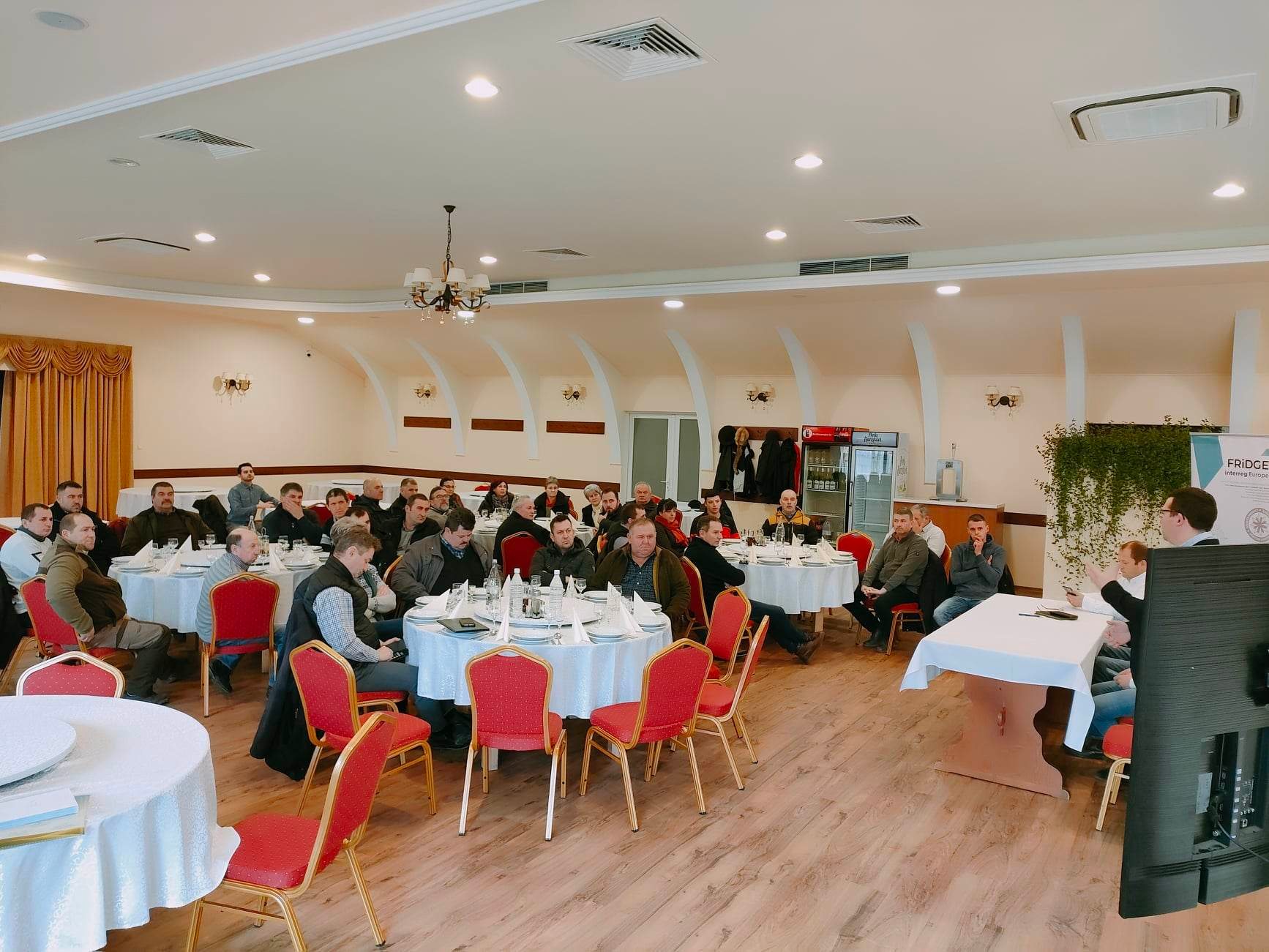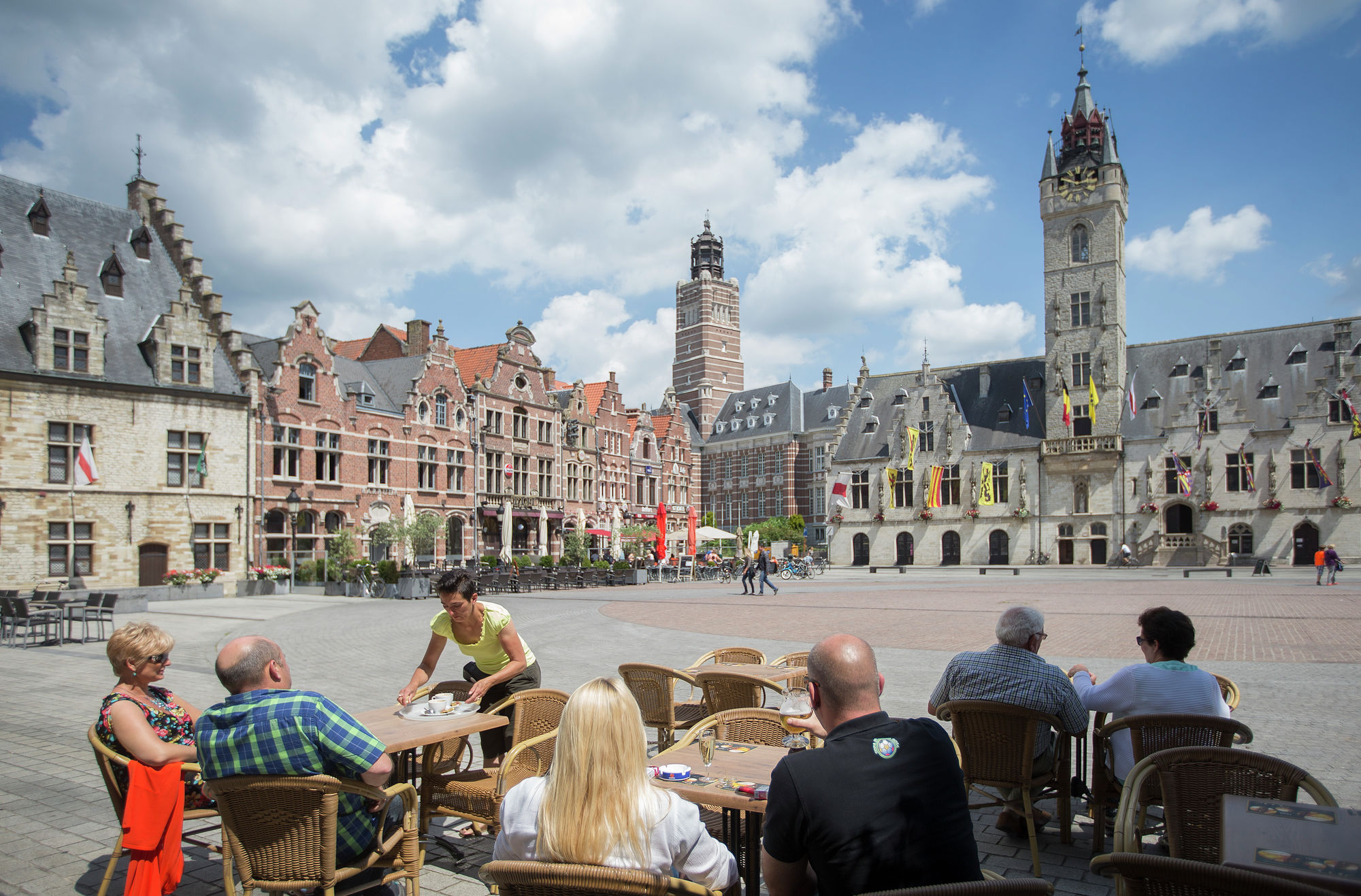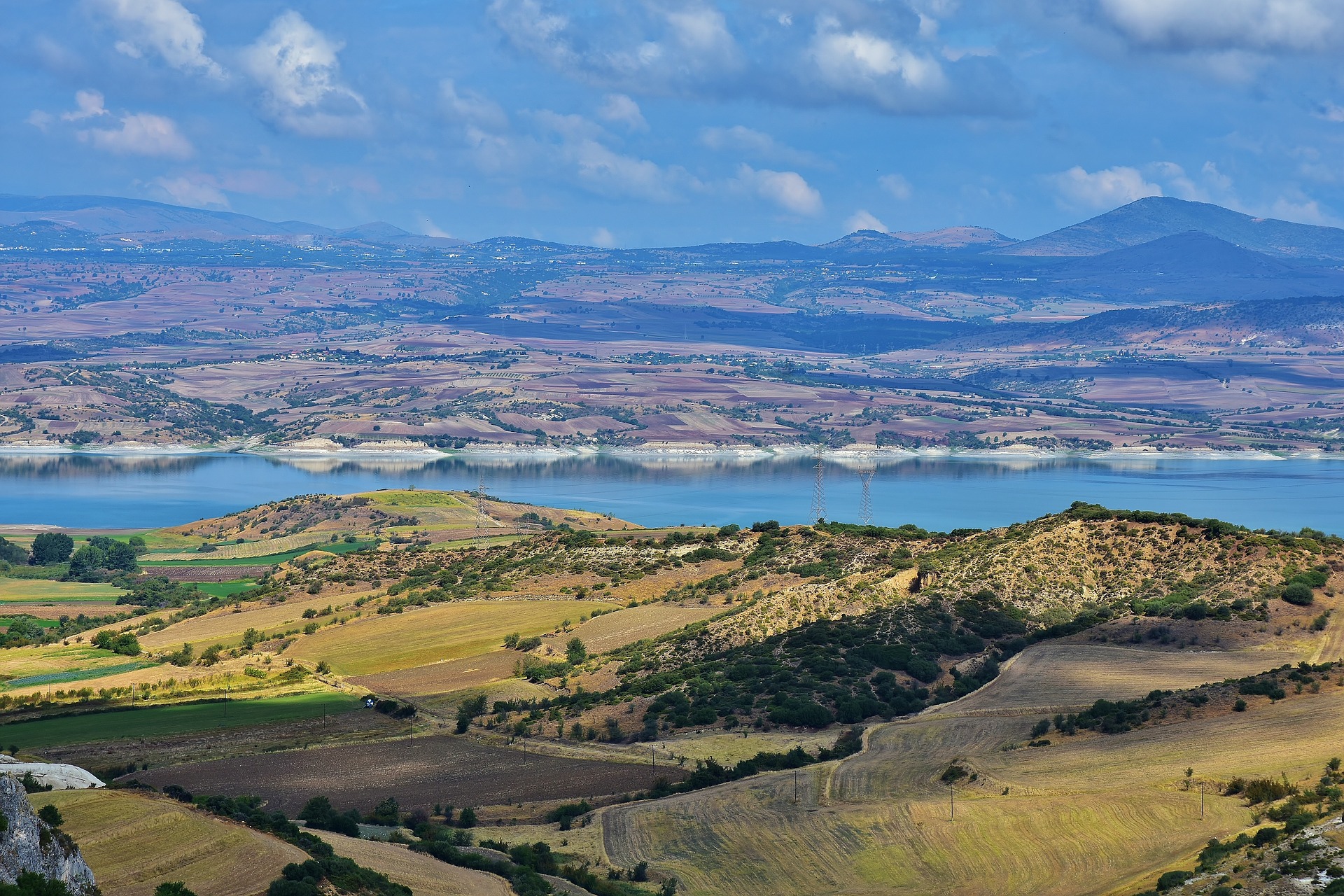From East-Flemish needs to European inspiration to creative actions
During the FRIDGE project, the Economic Council of East-Flanders (ECEF) organised a lot of activities to map the issues and challenges in East-Flanders. We did research on the challenges in the food industry, on the distribution of local food products and on sustainability in food SMEs. We had multiple stakeholder meetings, in which members of the Tasteful East-Flanders network came up with all possible feedback. Since they are mainly representatives of food SMEs, this has been very valuable to the identification of the needs, issues and challenges in East-Flanders, and also to the creation of the action plan.
Territorial needs
We see that our region has two different kinds of problems. On the one hand, East-Flemish inhabitants and consumers are not particularly proud of the region and its gastronomic specialities. A lot of them are even unknown, which could be very problematic for the survival of these products and thus for the rich gastronomic heritage of the region.
On the other hand, there is little to no collaboration between food SMEs in our region. This is a problem that brings along other issues, e.g. difficult distribution of local products, small market reach and only a few export. Next to this, the SMEs need a lot of coaching towards sustainability and the necessary investments.
Inspiration from the partners
These are problems we do not face alone; the studies carried out within the project prove that the partner regions within the project face similar issues. Therefore we were also inspired by the way they are tackling this. Concerning the consumer problem, the Szekler Product Trademark (Harghita County Council), the Food Province Label (South-Ostrobothnia) and the Völgység Kincse Social Cooperative (Tolna County) showed us different ways of enhancing the visibility of and knowledge about the product.
Almost all good practices within the FRIDGE project show the advantages of collaboration between food SMEs. The Trilogy of Platforms (Bavaria) and the Food Team (South-Ostrobothnia) showed us interesting ways of bringing all different parties together, and that there are also opportunities for smaller SMEs.
Actions
Our Action Plan is based on two main actions. First, creating a mentoring network for consumers to further develop and strengthen our pride towards and knowledge about East Flanders and East Flemish gastronomic specialities. Second, creating a mentoring network towards producers in order to enhance their collaboration.
Creation of a mentoring network towards consumers
Consumers are now looking for local, authentic products with a story. The aim is to valorise these stories with a communication campaign that describes the local products from an authentic point of view. We pay attention to the history of local products, the traditions, the artisan production method, and the producers are given a face. In East-Flanders, food culture and gastronomic heritage is exceptional. It is precisely this tradition that we must cherish and promote. Another way to reach this is by collaborating with the education system. Both students in the hotel schools and children in primary schools should be more aware of local products, the production process, the taste, and the way of using them in the kitchen.
Creation of a mentoring network towards producers
Collaboration between food producers could be the key to developing and strengthening export, promotion, sales, distribution and sustainability. We want to create a strong network between food producers. A coaching trajectory on sustainability could teach them how to adapt their business plan to invest in a more sustainable future. They will meet entrepreneurs who deal with the same issues, and others who already have strong strategic plans.
In order to enhance sales and distribution channels, we want to organise a B2B market where food producers can promote their products to an exclusively professional audience, who will get the opportunity to find new distinctive raw materials and delicacies.
Last but not least we want to create a living lab. The new provincial government building will open in the summer of 2023. We want to install a ‘living lab’, where we want to build bridges between public and private actors, customers and knowledge institutions.
Read the Action Plan of East-Flanders here: Action Plan of East-Flanders.
